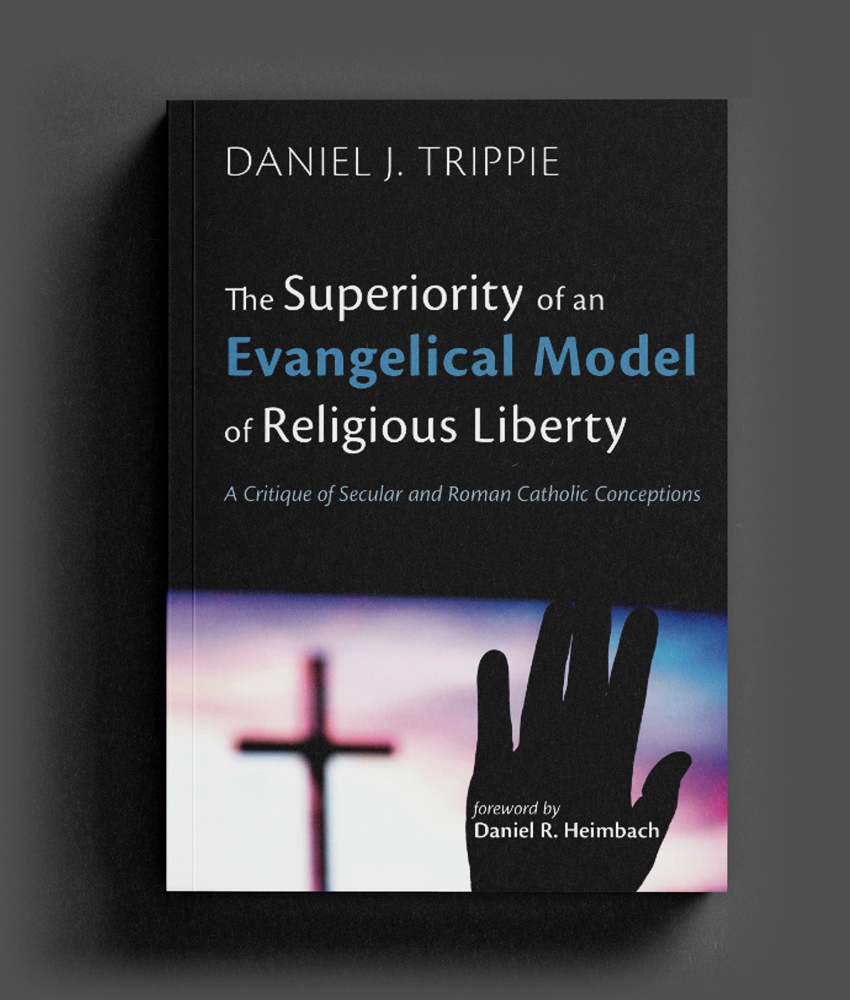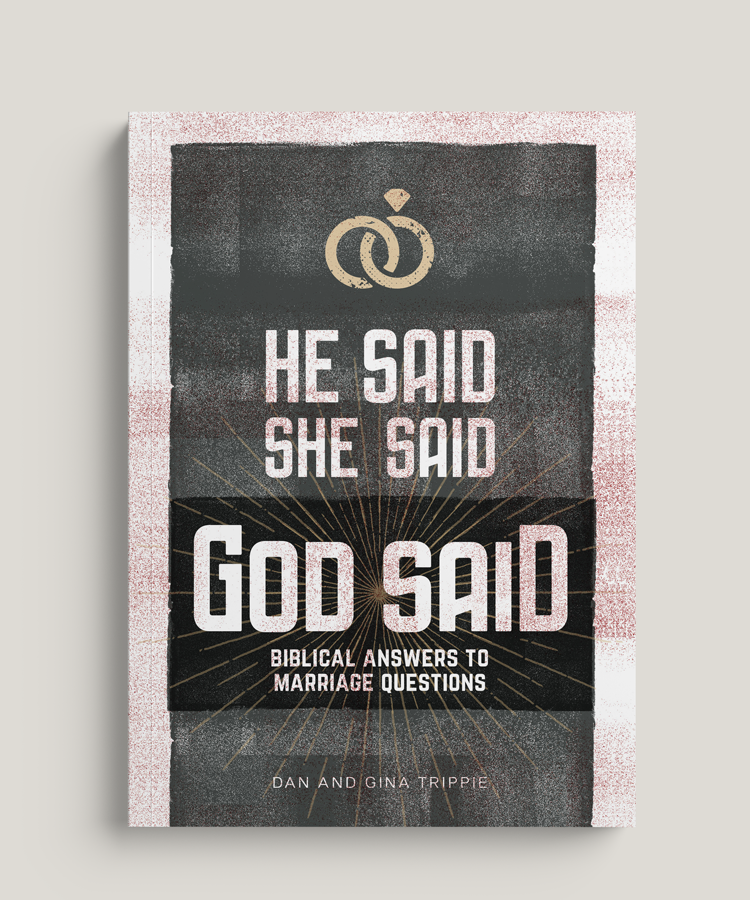Once upon a time, religious liberty was a virtue championed by most. Americans believed that tolerance strengthened the bonds of society and united us around a shared vision.
Our nation treasured the right of religious choice because it empowered the vision of E Pluribus Unum. Religious liberty ensured that citizens with diverse backgrounds and ideas would experience the dignity and respect owed to all humanity. Religious liberty was the embodiment of true open-mindedness.
But today, religious freedom is a controversial issue. Some people argue that religious freedom is a smokescreen — an excuse for discrimination and bigotry. Others contend that religious freedom undermines social bonds by placing personal preferences over the collective whole. Still, others do not consider religious liberty at all because they do not identify as religious; they see no value in religion of any sort. Today’s controversies surrounding religious freedom call into question whether or not religious freedom is actually good for a society made up of diverse peoples.
Nevertheless, religious liberty is a fundamental good because it preserves the dignity of all people. Those who argue against religious freedom ignore the fact that humans are truth seekers by nature — all people are on a quest to discover ultimate truth. People must be free to pursue truth as their conscience dictates, regardless of their final conclusions. The right to religious freedom preserves human dignity because it allows individuals the freedom of choice. And for this reason, the right to religious freedom does not come from the state. The right of religious liberty comes directly from God; hence, it must be handled with great care.
Religious freedom in the United States ensures that our government may not establish a national church. America is different from England in that we do not have an official national church — there is no Church of the USA. However, this does not mean that our government must remain utterly devoid of religion. In fact, it is impossible to be completely “religion-less”— governments are not an abstraction; governments are made up of people. And all people hold core beliefs even if those beliefs include not believing in a personal transcendent being. Therefore, it is intellectually dishonest to argue that elected officials cannot bring their religious views into the legislative process; anything less is impossible. Individual representatives are entirely within their right to share, proclaim, and govern according to their religious beliefs. In a representative republic, elected officials are free to be religious and to make decisions following his or her religious beliefs.
Evangelicals of all people realize that personal choice is essential to one’s spiritual journey. The power of choice is a consequence of being created in the image of God; therefore, it must be honored even when one makes choices that seem contrary to truth. As truth seekers, we must be uninhibited in our pursuit of truth because it is on this journey that where humans are confronted with the reality of the gospel message. Evangelical faith believes that every person is free to either accept or reject the claims of Jesus Christ (theological nuance aside). Consequently, religious liberty ensures that every man, woman, and child has the right to pursue truth free from state coercion.
Furthermore, religious freedom also ensures that the government may not force, dictate, or coerce the beliefs of free people. Freedom from coercion ensures that religious groups of all kinds are free to determine their own doctrines according to their sacred texts, traditions, and authorities. It is beyond the scope of government to interfere with people’s religious doctrines and the public practice of these doctrines. While this does not mean that every individual belief is entitled to legal accommodations; religious freedom does allow individuals the right to draw conclusions about truth according to one’s own conscience. Evangelicals applaud this right because it is here that we find an opportunity for meaningful interactions about the topic of ultimate truth. When thoughtful Christians engage dialogue about beliefs in the public square, the Christian faith upholds as truly compelling. Therefore, evangelicals support the right of all people to practice their faith in public.
Nevertheless, while evangelicals recognize the merits of religious freedom, there is a degree of confusion as to its specific application and practice. And unfortunately, this confusion threatens to undermine its value. If religious liberty is used to perpetuate culture warring, or used to create a victim status, or as a means of virtue signaling, then we run the risk undermining its potency. If we are to preserve religious freedom, then we must understand its proper role and function in a pluralistic society.
Religious freedom is not a hall pass to get out of any law enacted by the government. Nor is religious freedom an excuse to live unto oneself. People who live in a voluntary social contract must be willing to lay aside individual preferences for the good of the whole. Religious freedom is not without its limits. But evangelical paradigms of religious freedom strike a balance between individual freedoms and the collective good because they are weighted by the two great commands ––love of God and love of neighbor.
Evangelicals believe that human governments are God’s instruments —purposed to restrain evil and preserve social order. Therefore, there are occasions where a government will enact specific laws to maintain public health, safety, and protect the civil order. For instance, we have laws against human sacrifice, withholding certain medical treatments from minors, or wearing a suicide vest. Beliefs that threaten the physical well-being of others are not given a license. Some will argue that withholding contraception or abortion funding because of one’s religious beliefs threatens the physical well-being of another. But this argument falls short in a society where these items are readily available without infringing upon the religious practice of others.
Moreover, religious freedom is not a right that seeks to undermine the good of our neighbors; it is a right that protects the integrity of the whole of society. While at times, we may not like or agree with certain statutes, it does not necessarily mean that we can merely “opt-out.” Evangelicals must be especially careful not to cry wolf every time a law passes that we do not like. We must be cautious not to oppose certain laws simply because we are not fond of the legislator who drafted the statute. In fact, some laws may actually help us better love our neighbors. Therefore, religious freedom must be viewed through the command to love one’s neighbor, and the command of scripture to submit to authorities God has placed over us (Romans 13:1-3).
As our communities become more diverse, we must understand and preserve the right of religious conscience for all religions. Religious freedom is not a weapon in the culture war. Nor is religious freedom a flag of triumphalism. Religious freedom is a fundamental human right because it protects the dignity of all people as seekers of truth. And religious freedom is the banner of true tolerance. Therefore, evangelicals are among the first to champion its virtue, fight for its preservation, and model its proper use ––even when it means protecting those we disagree with.









